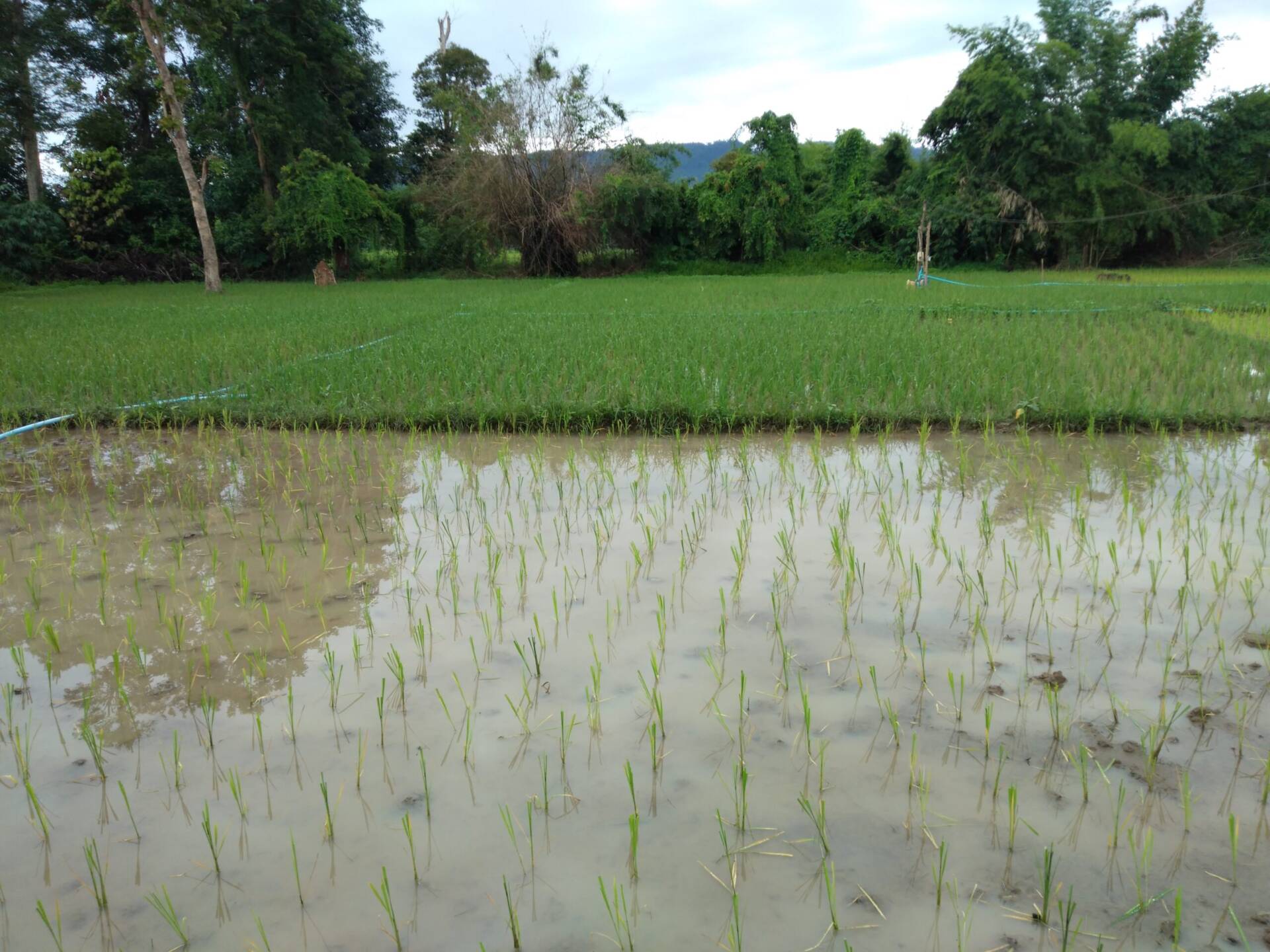
The Centre is continuing to use new techniques to produce quality seeds that will help vegetable growers cope with climate change as drought and floods challenge the country. According to agricultural experts, Laos is suffering a farming production short-fall this year due to weather extremes with a prolonged dry season, disease out-breaks, and flooding. This will affect commercial yields targeted under the government’s agriculture production strategy, the nation’s food security policy and the Zero Hunger Sustainable Development Goal by 2030. However, in response to extreme weather conditions, Horticulture Research Centre staff are researching new techniques that will enable vegetable growers to boost yields in both the wet and dry seasons and during higher temperatures. The Centre has continued to support farmers by producing seeds which are capable of coping with climate change. It has trialled nine vegetable seed varieties which are climate-resilient in preparation for distribution to farmers across the country. The Ministry of Agriculture and Forestry reported in its recent strategy that the Department of Agriculture is focusing its efforts on helping farmers adapt to the changing weather. For example, it is putting a great deal of time and energy into improving the efficiency and output of various rice varieties. Testing programmes are being run on farmers’ properties in the hope that new rice types can be developed that will grow in warmer, more variable conditions. NAFRI has also set up a rice breeding programme aimed at developing new climate-resilient rice varieties. This programme breeds rice varieties that have submergence tolerance and drought tolerance. The initiative is also exploring grains that have different aerobic qualities, direct seeding processes and species that are shatter-resistant when harvested using large mechanical equipment.
Information source: Vientiane Time, on August 9, 2019.


